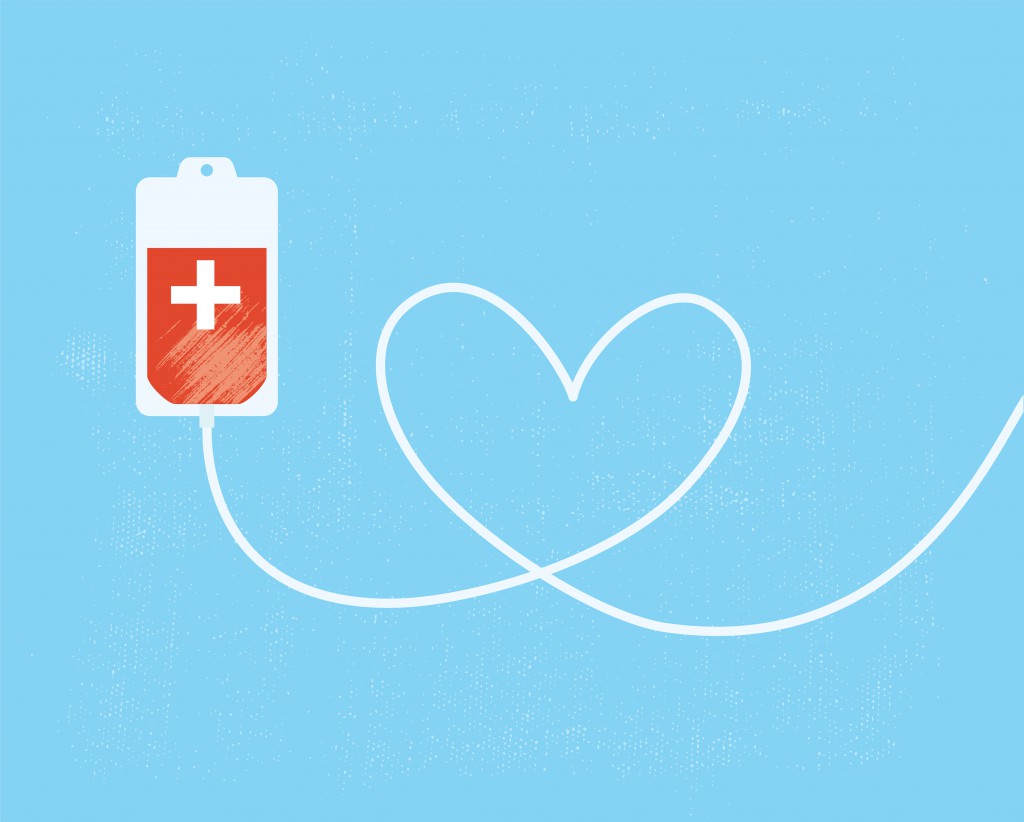Everyone has heard that donating blood can save lives. But did you know there is no substitute for human blood? Or that your donations may help a student at your local school who has cancer, a neighbor who was in a severe car accident or even a total stranger? Here are four more reasons to donate blood:
1. You’ll get a free physical
The American Red Cross noted that every blood donor “mini-physical” during his or her donation appointment. A certified medical professional checks your pulse, body temperature, hemoglobin and blood pressure to ensure you are healthy before you donate. Plus, your blood will be tested for infectious diseases and to determine your blood type. If you test positive for any conditions, you will be notified.
2. Blood is badly needed
According to the Miller-Keystone Blood Center, patients in the U.S. use around 43,000 units of blood every day. That means every two seconds someone requires a unit of blood for survival. Seniors over age 65 use as much as 43 percent of all the blood donated in America.
3. Only 38 percent of the U.S. population can donate
Take a look around you. According to the Red Cross, less than half the workers in your office, people in your family or students in your class are eligible to donate blood. According to the University of California San Francisco Medical Center, here are the conditions people must fulfill to donate:
- Have to be older than 17.
- Seniors may donate so long as they are not taking specific medications that can alter their blood components. Talk with your doctor to learn if your particular prescriptions make you ineligible to donate.
- Must weigh 110 pounds or more. The amount of blood in your body changes based on how much you weigh. Those who are smaller than 110 pounds cannot handle donating a full unit of blood and are therefore disqualified.
- Cannot have given blood in the last 56 days.
- Your blood pressure must be lower than 180/100. Even those with high blood pressure may donate, as medications used to treat the condition do not interfere with donor blood.
- Those who have new piercings or tattoos must wait a full year to donate blood.
- Individuals with colds or those who aren’t feeling well should refrain from donating until they feel well, as donating blood could make them feel weak.
- Be sure to tell the donation facility staff if you have done any foreign travel in the past year as this may change your eligibility to donate.
4. You’ll get a cookie
Blood donation can make you feel faint and lower your blood sugar, so donation center staff provide people with sugary beverages like juice and a snack such as cookies after they have donated. This helps to provide quick energy to help you bounce back after donating. Who doesn’t love a free cookie? Plus, you’ll know you may have just saved someone’s life by spending an hour or two of your time donating blood.
If you found an error, highlight it and press Shift + Enter or click here to inform us.




